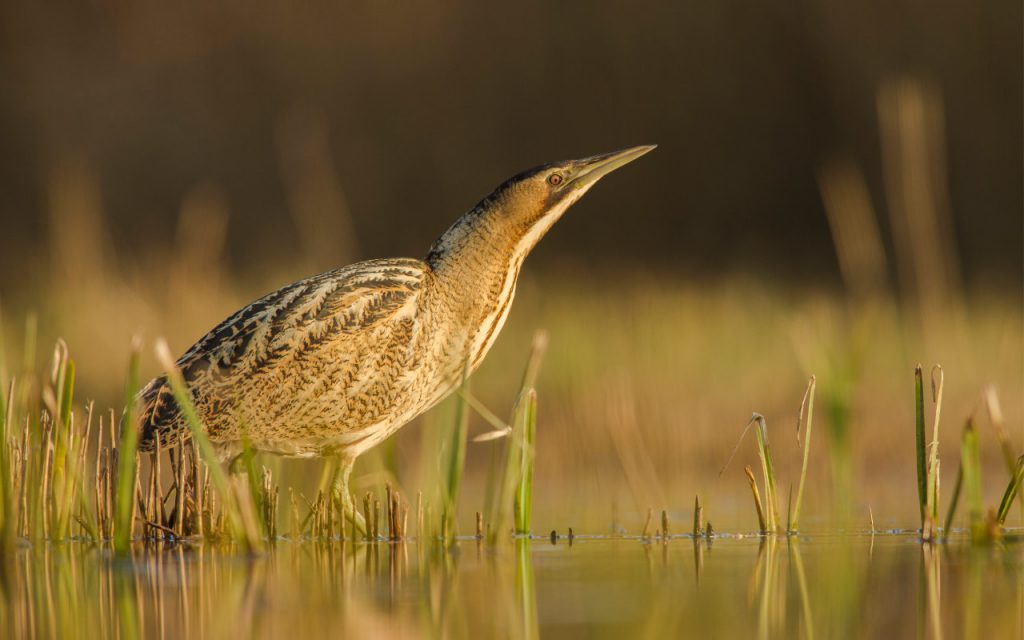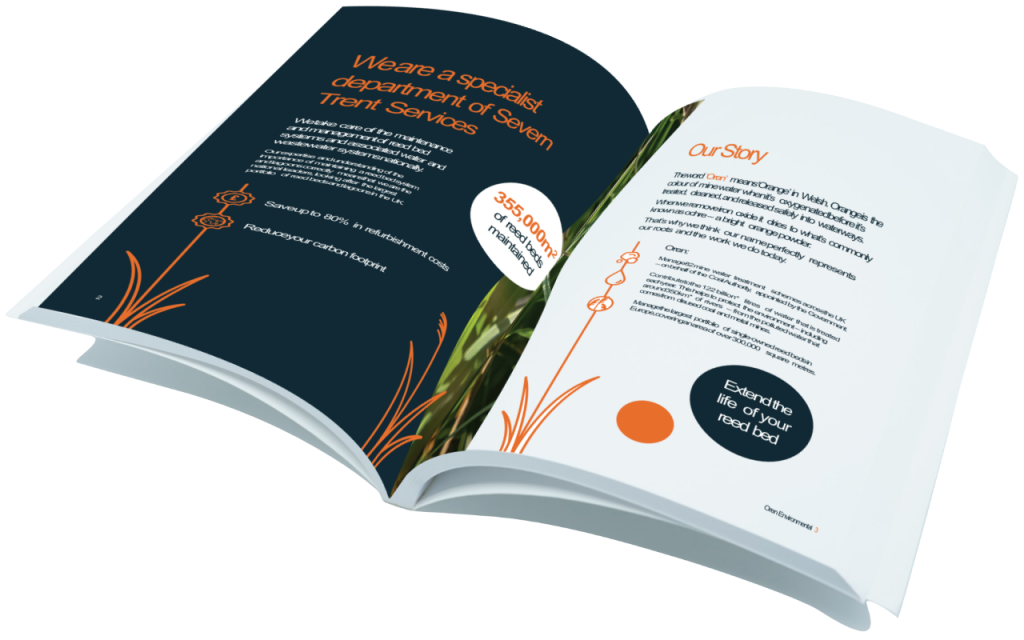
Our innovative approach to managing and maintaining your wastewater assets challenges traditional methods. This is because we care about the operational, commercial, and environmental performance of them.
Get in touch today

INNOVATION TO OPERATE MORE SUSTAINABLY
Our innovative methods to managing and maintaining wastewater assets are centred around helping you to run a more sustainable operation. For example, through:
- Sludge dewatering techniques that remove and dispose of your waste in the most sustainable way
- Recycling the waste that comes from your assets
- Replanting existing reeds where possible, instead of planting brand new ones
- Preventing your neglected reed bed from emitting harmful greenhouse gases
- Encouraging your reed bed to absorb ten times more carbon than it might do today
WHY BOTHER TO TAKE CARE OF YOUR REED BED?
Despite what you may have been told, a well-maintained reed bed system performs significantly better than a neglected one. Delivering substantial cost and sustainability benefits. And what’s more, guarantees you meet your regulatory obligations.
Neglected reed beds often need an expensive refurbishment to get them working again. By proactively maintaining your reed bed over a 10-year period, you could save you up to 80% in costs. This is money that could be put to better use.
Nurtured reed beds are a wonderful haven for flora and fauna and can absorb around ten times more carbon than neglected ones – that can emit harmful greenhouse gases.
If your reed bed is designed to treat trade effluent or wastewater, its role is to do the final ‘polishing’ in the treatment process. In other words, it’s a safety net designed to prevent pollution and therefore it’s critical you maintain it. Otherwise, you might be in breach of legislation. And if you cause a pollution, you could be fined by the regulator, and suffer irreversible reputational damage.










